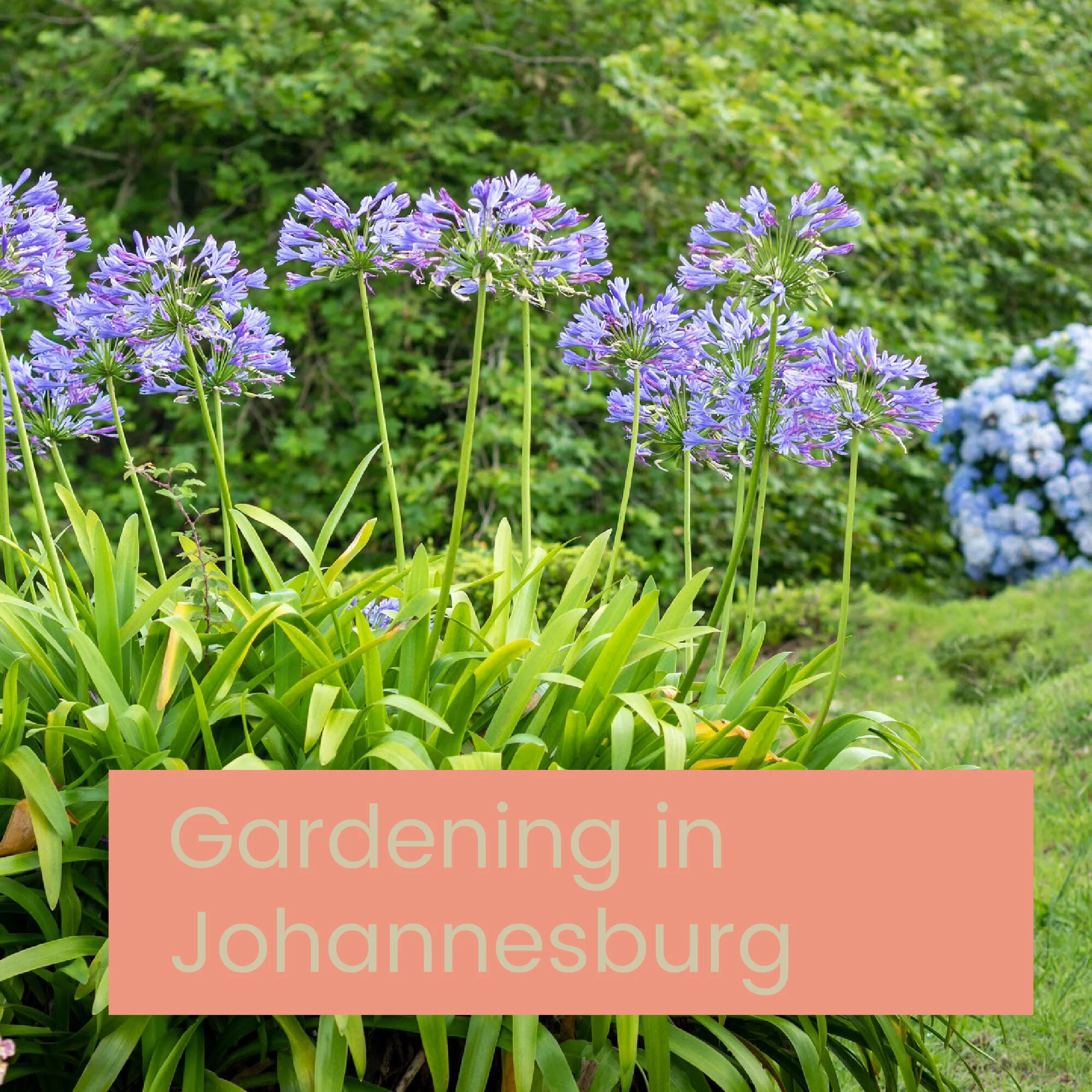Furthering Your Career Whilst Living in Joburg
/Living in a new place is daunting, and sometimes wears on our confidence of who we are, and what we are capable of. Sometimes, to live the life you want you need a new purpose or new perspective. Here are some things for you to think about as you think about your time living in Joburg, whether it is temporary or permanent!
It is important to think how to create a weekly routine in your new life. It helps to give you the certainty and structure that we crave. Whether you are in full time employment or have time to fill, here are our suggestions on how you can gain new skills and further your career whilst living in Johannesburg.
VOLUNTEERING OR WORKING FOR AN NPO/NGO
In general, South Africa is a fairly advanced country when it comes to most kinds of technological and industrial development, but what you’ll find is that there is a glaring gap between those who have access to the direct benefits of this development and those who don’t.
As a visitor and expat, this economic divide can be very overwhelming and uncomfortable, but there is a lot that you can do to contribute to organisations that are working to build an economy that supports education, entrepreneurs, and the growth of small to medium businesses (SME’s).
As Johannesburg and Gauteng have the largest population density in the country, you’ll find no lack of opportunities to work with people if that is something you are interested in. As ad hoc volunteering is welcomed, but often not conducive to sustainable change, taking up a more extended position at a local or international NGO could be an option if you are looking to do something rewarding with your time in South Africa.
NGO Pulse is an online publication that gives a broad overview of the Non-Profit and Non-Governmental landscape in South Africa, and also lists available vacancies: http://www.ngopulse.org/
For Good is an online search engine that connects your skills and availability to current opportunities. https://www.forgood.co.za/
Contact an organisation that works in an area that you’re passionate about and ask about how to get involved. Volunteering is a big tourism industry in South Africa, which charges international visitors to take part in volunteer and internship programmes. You can sidestep paying to volunteer, unless this is affordable or something of interest to you (the main target market for these programmes are university students and recent graduates).
SETTING UP YOUR OWN BUSINESS
Unemployment is a huge problem in South Africa, and entrepreneurship is highly encouraged. Setting up your own business can be a great opportunity. If you choose to hire someone that could be added opportunity to pass on your skills to a local and help them grow their career!
Depending on your visa and what work you’re allowed to do, here are some ideas of growing industries in South Africa to consider:
eCOMMERCE PLATFORMS: with the success of online retailers like Yuppiechef, Superbalist and One Day Only, this industry is growing as people start to trust online retailers more and courier services become more efficient.
VIRTUAL ROLES: Virtual assistants are becoming more and more popular, and with increasing numbers of people starting up online businesses, support assistance is needed. This is most needed for administrative and marketing support, so it could be worthwhile investigating a role that suits your skills and needs, and which could also provide some flexibility.
EDUCATION: With an education system that is changing but has historically not served the majority of the population, especially in more rural areas, there is definitely a need for skills development and education in all areas, so investing your time in supporting an educational initiative could be very worthwhile.
Skills development is also a major component of Black Economic Empowerment (BEE), which aims to rectify the injustices of the past by prioritising the development of previously disadvantaged individuals.
It’s important to note that BEE has been introduced to bridge the gap created by historic lack of access to education and employment. Preference will always be given to locals with the relevant criteria, so keep this in mind when applying for a job as a foreigner.
Want to find out more or have questions on how to start your own business? We often run online webinars and meet up events to discuss the opportunities. Contact us with questions, or join the Portable Careers for Expats Facebook Group for regular updates or webinars!
TRADITIONAL JOBS
It’s not impossible to get a job in South Africa, especially if you have certain critical skills and speak different languages, but you will need to go through an extensive process to apply (see BEE note above).
Here are some popular job search websites:
Bizcommunity: http://www.bizcommunity.com
Career24: http://www.careers24.com/
Career Junction: https://www.careerjunction.co.za/
It’s more old school, but also keep an eye out for listings in local newspapers… as you never know! Noticeboards at supermarkets or community centres also post job listings.Check out…
The Rosebank Killarney Gazette
Sandton Chronicle
Randburg Sun
Networking
Using your network has a huge influence on finding a job. Make use of social media pages and groups! Join groups like LinkedIn and update your profile to showcase your personal story and brand! With more online networking in South Africa than ever before, it can also be helpful to join a local organisation or group to meet people and discover all kinds of opportunities.
Internations Johannesburg
MeetUp.com
Moving to South Africa (Run by Translating Me!)
Or join a CO-WORKING SPACE to have opportunity to rub elbows with other entrepreneurs! There are co-working spaces all over the metro area, and some actively encourage networking. Find a space near you at this site.
If you speak a foreign language, want to learn one, or are interested in expanding your international network, here is a list of organizations in the area at Expatica.com.
NOT THE RIGHT VISA?
If you have a Visitor Visa and are unable to work locally, you might consider working remotely. Here is a post we put together: Careers to Start From Home.
Or find inspiration on our Pinterest board here.
THE MAIN POINT IS…
Don’t let a lack of confidence or the wrong visa make you think you need to put your life on hold. You can further your career and professional development in all kinds of ways. Online tools are getting more accessible every year- making opportunities to study, work, learn, network, and use your skills! Alternatively, there’s nothing wrong in choosing to enjoy your new expat life and focus on your family, traveling, and learning about South Africa. Just be sure to take care of yourself and your needs at the same time!
Make sure you join our Portable Careers for Expats Facebook Group, or reach out to us directly if you have any questions!














